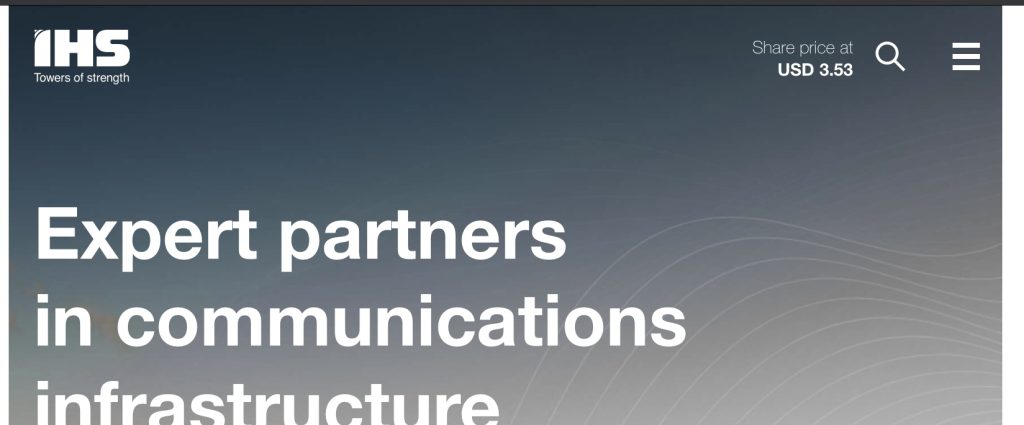Physical Address
60 Ekwema Cres, Layout 460281, Imo
Physical Address
60 Ekwema Cres, Layout 460281, Imo

IHS Towers ($IHS) has terminated over 100 employees’ contracts as currency devaluation ravages Nigeria’s economy.
Note that Nigeria is IHS’s biggest market.
According to information obtained by TechCabal, the layoffs mostly affected senior employees and the network surveillance team.

Also, it cuts across several departments in the company.
The affected senior employees have reportedly spent a decade at IHS Towers and received “significant” severance packages.
The rising fuel prices, maintenance costs, inflation, and FX volatility in Nigeria have threatened the business.
Just in the first quarter of 2025, the company incurred its largest operating cost of $88.8 million on power.
A shareholder raised concerns in a letter dated June 2023, concerning the matter. They pointed out that the company used over $1.5 billion in cash for investing activities in the previous year.
The shareholder also highlighted a lack of meaningful explanations for these investing activities in the company’s published statement of cash flows.
Additionally, Gimba Mohammed, the director of government and external relations at IHS Towers, shared the significant challenges the business faced due to fiber cuts at a conference in August.
He emphasized that the action cost the company more than ₦14 billion to address these issues between 2022 and 2023.
IHS Towers has been under scrutiny from investors due to its financial struggles. In Q4 of 2023, the company experienced a loss of $409 million after the naira devaluation.
Also Read: Airtel, MTN, IHS to Reduce Spending in Nigeria, Resumes Push for Tariff Hikes
This led to reduced revenues and foreign exchange losses from USD loans.
The company reported a loss of $1.9 billion in 2023, marking a 304% increase in losses compared to the previous year. Especially with an employee base of about 1,600.
Furthermore, its market capitalization decreased by $6 billion, standing at $1.3 billion as of now, down from 2021.
While its share price has slightly rebounded in August to $3.56 after trading at $2.98 in July, it is still a far cry from the highs of 2021, when it sold for $21.
It’s clear that these challenges have had a substantial impact on the company.
The best way around it is for the company to find effective solutions to minimize such costly disruptions in the future.
You can also check out other useful contents by following us on X/Twitter @siliconafritech, Instagram @Siliconafricatech, or Facebook @SiliconAfrica.